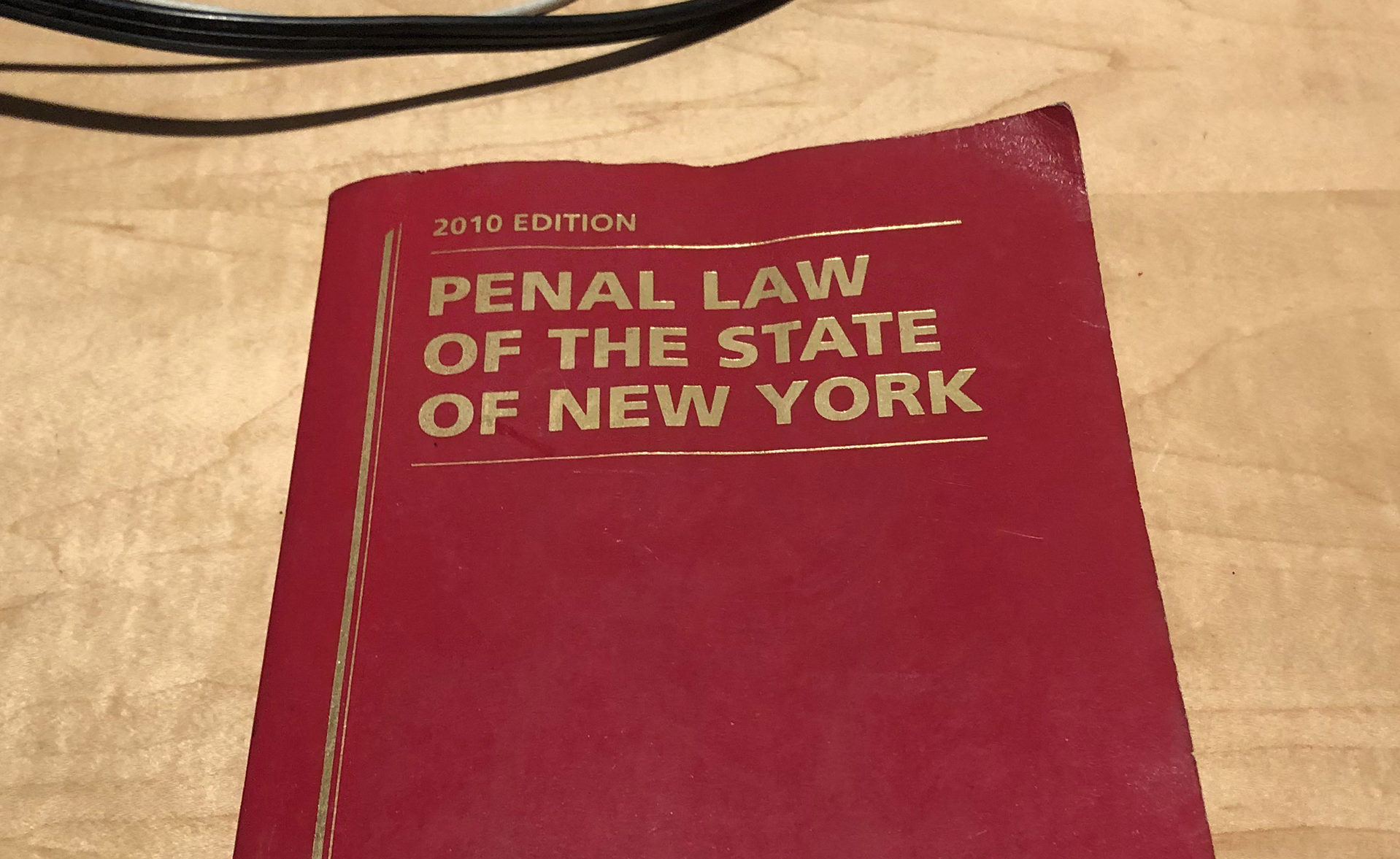Legal Reforms Coming, But Where Is The Money?

As proponents of the changes to criminal procedure law coming January 1 across New York state are urging full speed ahead, some district attorneys and police departments are saying, “Show me the money.”
However, according to Khalil Cumberbatch, the chief strategist for New Yorkers United for Justice, one of the advocacy groups that pushed for the change, the reforms will actually end up paying for themselves.
While the elimination of bail for almost all crimes has gotten the bulk of the attention in the media, it is another aspect of the reforms that has local jurisdictions searching for funds. That reform involves the discovery process, the procedure through which a prosecutor shares a list of witnesses and evidence it intends to use during trial with the defense.
The language in the current law requires that “the prosecutor shall disclose to the defendant and make available” the information it has gathered. However, there is no actual timetable given. This loophole has long been exploited by prosecutors. According to Brian DeSesa, who handles criminal law cases for the Adam Miller Group on the East End, the lack of a specific timeframe often results in a long delay from prosecutors in turning over evidence. This can lead to a defendant, particularly one who is in custody, to make a plea-bargained deal that might not be in his or her best interest. “You’re making a deal without knowing all the relevant facts,” DeSesa said.
The new law governing discovery is quite different. It requires it be done “as soon as practicable but not later than 15 calendar days after the defendant’s arraignment.”
“The DA’s office must now work diligently to locate things such as medical records in an assault case, or any notes the arresting officer may have,” said Melissa Aguanno, a criminal law attorney with Edward Burke Jr. & Associates, another local firm. As with DeSesa, Aguanno previously worked as a prosecuting attorney.
The problem for district attorneys across the state is the complexity and diversity of the materials it is required to share. Suffolk County DA Tim Sini has created a new Intake Bureau of assistant district attorneys whose sole job is to marshal together all relevant items for sharing within 15 days. That bureau operates around the clock. Sini has estimated implementing the reforms will ultimately result in a 10-percent increase in his department’s spending.
The county budget passed in November included funding for 47 new positions within the DA’s office.
County executive Steve Bellone’s proposed budget contained the following statement: “The State of New York provided no funding for the implementation of the new laws, even though it mandates the provision of additional services and imposes substantial new administrative burdens related to discovery and the new accelerated time limitations. The County must bear the financial burden of the new mandates.”
Cumberbatch, who spoke December 9 with The Independent regarding the reforms, said “The funding issue is tricky. We can’t dismiss the money concerns that are raised across the state.” However, he added, “We can’t dismiss the need for reform.”
Cumberbatch pointed out that some district attorney’s offices in the state have been practicing early discovery for years, such as in Brooklyn, where they have what is known as an “open file” discovery system. Brooklyn District Attorney Eric Gonzalez, in written testimony presented to a New York State Senate’s Codes Committee hearing on the new laws in September, wrote, “We embrace the new discovery law, but we — just like the other offices — need the resources to implement it.”
The entire criminal justice system needs to be digitalized, Cumberbatch opined. In Suffolk County, he said, the DA deals with a couple dozen law enforcement agencies. Currently, he said, “They don’t have data bases talking to each other.” That will have to change under the new laws.
Cumberbatch said that when it comes to financing, the three main areas of reform coming — that is, bail, discovery, and the right to a speedy trial — need to be seen as integrated. Currently, the system is clogged with low-level offenders who simply cannot make bail. “You are stuck in a jail cell at taxpayers’ expense,” he
explained.
“Pre-trial reform saves money in the criminal justice system,” said Cumberbatch. The system, he said, “will have more reserves to invest in the more serious cases.”
But, the question of funding continues to be brought up by those implementing the changes.
One place the money is not coming from is the state. On November 6, Governor Cuomo told the New York Post, “I think they’ve gotten additional funding, and they’re getting additional funding, so no, I don’t think they need more funding.”
t.e@indyeastend.com


